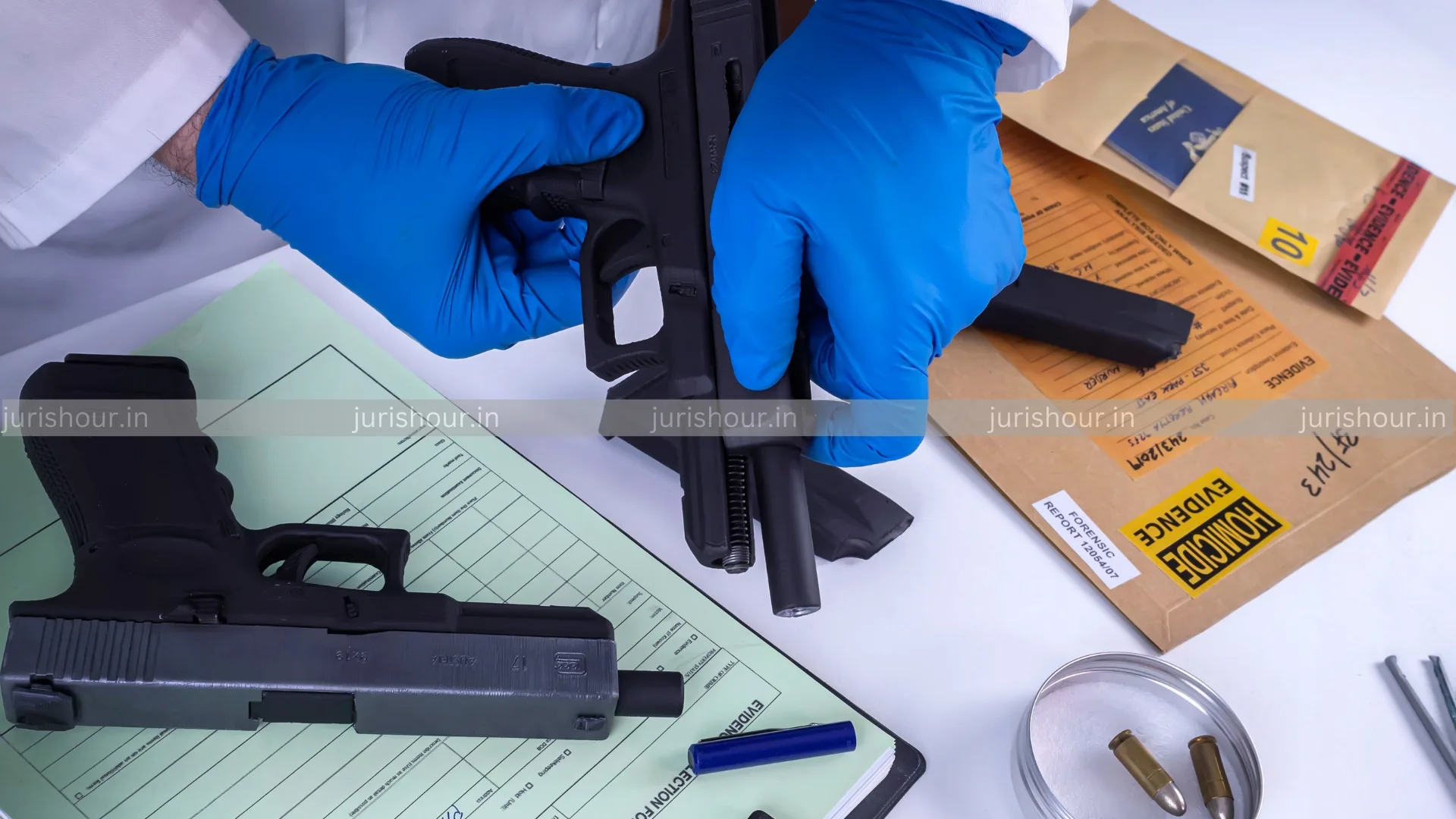The Jammu & Kashmir and Ladakh High Court has held that no service tax payable on shotgun proof testing fee paid by manufacturers.
The bench of Chief Justice Tashi Rabstan and Justice M.A. Chowdhary has observed that the petitioners/manufacturers having paid only testing fee for firearms, which is a statutory requirement under Rule 22 of the Arms Rules, 1962, no service tax can be levied on the petitioners who are granted license under Section 5 of the Arms Act, 1950 even if the service provider.
Table of Contents
Background
The petitioners-firms are dealing with manufacturing of arms and ammunition pursuant to the license granted to them by the competent authority. As per the policy in vogue of the Government of India, all the shotguns, which are manufactured by such manufacturers, are sent for proof testing at various laboratories and only after the guns are passed through such tests, the same can be sold in the market.
The laboratories are controlled by the Central Government which were charging quality assurance/proof testing charges from the gun manufacturers at the rate of Rs.1100/- for Double Barrel Gun and Rs.550/- for Single Barrel Gun.
The grievance of the petitioners-firms is that the department has issued communication by which all the shotgun manufacturers related to SQAE (A) and LPR including the petitioners herein were required to pay the service tax at the rate of 12.36% under the category “Technical Testing and Analysis Service” and the same has been made applicable with effect from 01.07.2003.
Arguments
The petitioner contended that actually the liability to pay the service tax was imposed upon respondent but, instead of paying the same, respondent has shifted the burden on the gun manufacturers including the petitioners.
The petitioners-firms argued that as per the Central Excise Law Manual, service tax is not applicable to the State of J&K. Since the taxable services are being consumed in the State of J&K, the same are not liable to service tax in terms of the Finance Act, 1994, as the Act has not been extended to the State of J&K.
The department contended that the service tax is an indirect tax and is to be paid on all the services notified by the Government of India. Further, the service tax is to be charged from the petitioners-firms for the proof testing analysis and certification facilities which are being provided by the respondents from outside the geographical boundaries of the State of J&K, therefore, the petitioners-firms are liable to pay the service tax as per the Finance Act, 1994. The communications issued by the respondents are, thus, strictly in conformity with the service tax rules.
The department argued that Central Board of Excise and Customs, Ministry of Finance, Department of Revenue has given the clarification that the service tax is destination based consumption tax and the principle of consumption of services would determine the liability of the service tax. Thus, it is averred that the services are being provided outside the geographical boundaries of the State of J&K which falls within the four corners of consumption of services at a particular place which ultimately would determine the liability of service tax.
Therefore, the department stated that due weightage has to be given with regard to the destination and consumption of services at a particular place for levying service tax on the services of technical testing analysis provided by respondent.
Conclusion
The court held that the testing of shot guns is similar to testing of gas cylinders, boilers, and certificates given is similar to those given by RTO and electrical inspectorate. Hence on the same lines.The activity carried out by the notice pertaining to safety and health of the public which is mandated by the statutory requirement under the Indian Law.
The court directed the respondents not to levy/charge or recover service tax from the petitioners-firms towards testing fee.
Case Details
Case Title: M/S Khair-ud-Din & Sons Co. Versus Union of India
Case No.: OWP No.145/2010
Date: 20.11.2024
Counsel For Petitioner: L.K. Moza
Counsel For Respondent: Sunil Sethi

